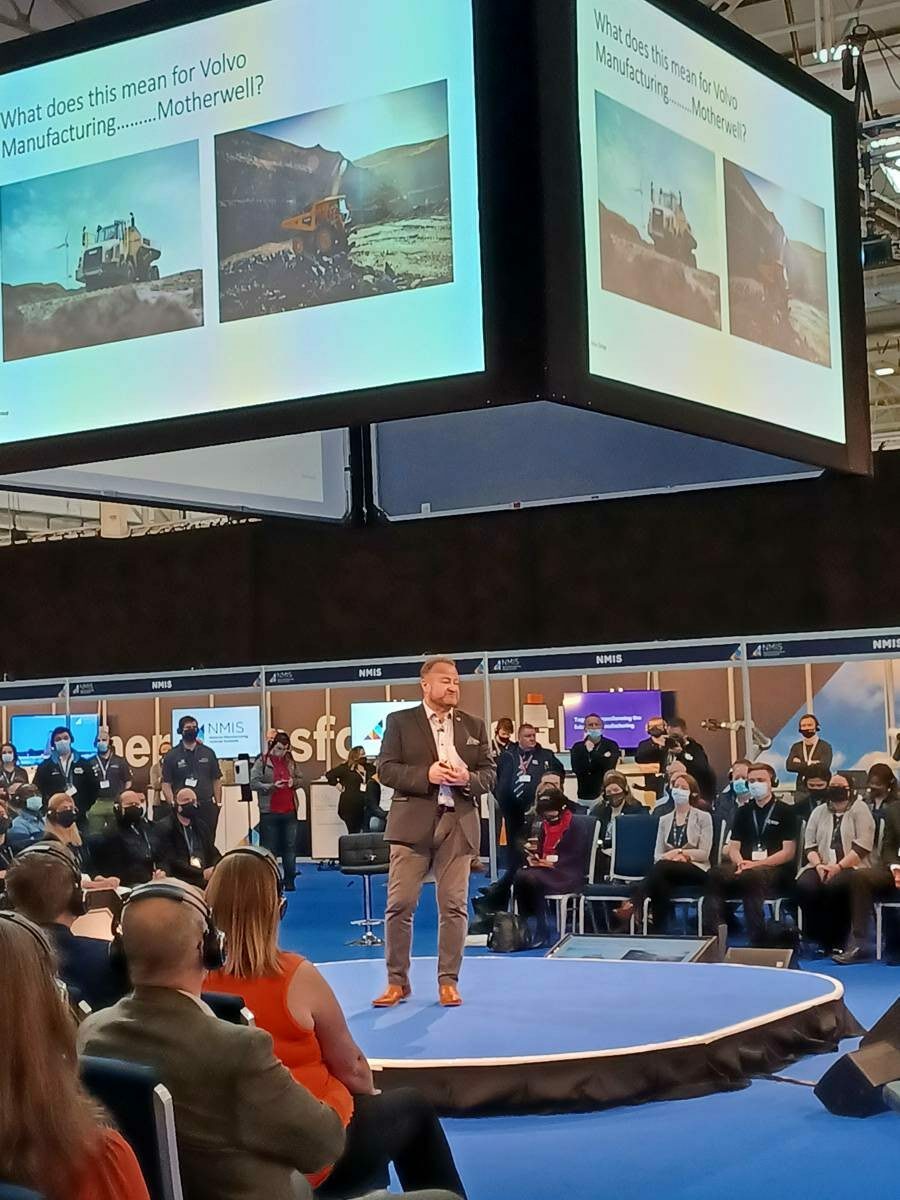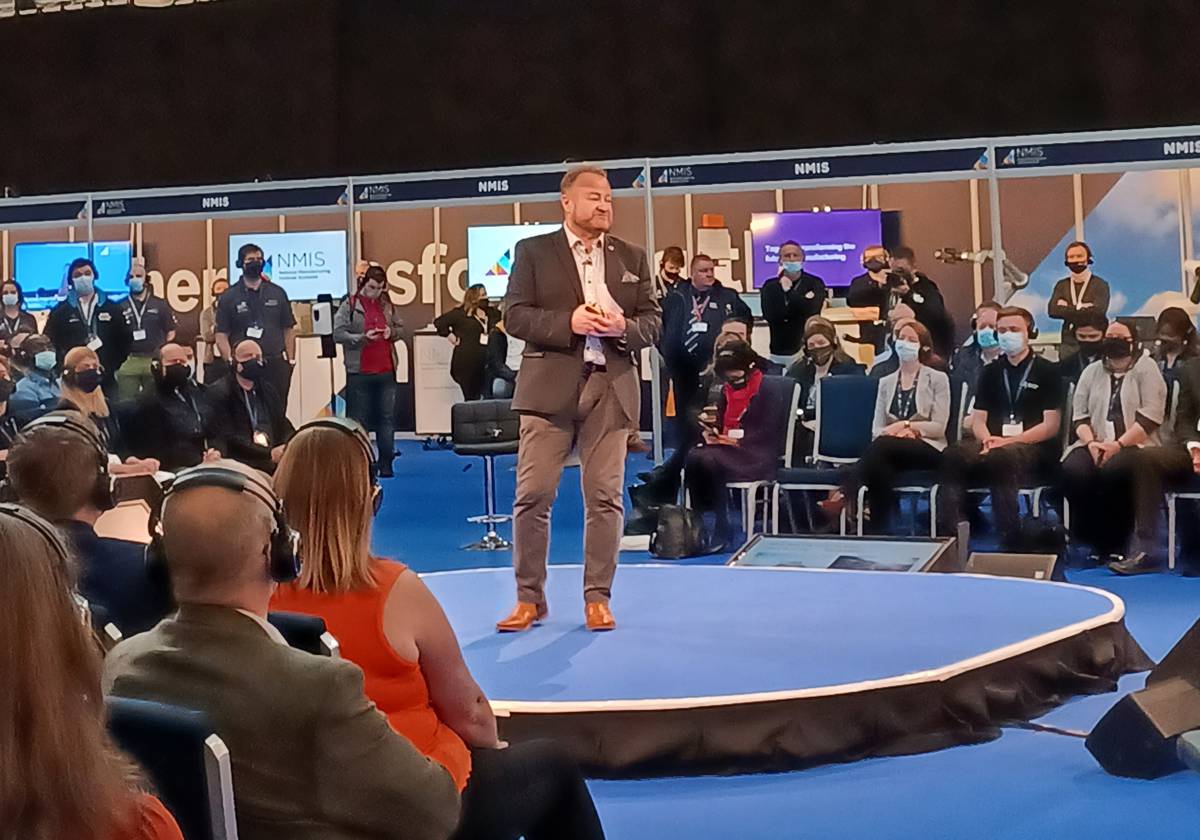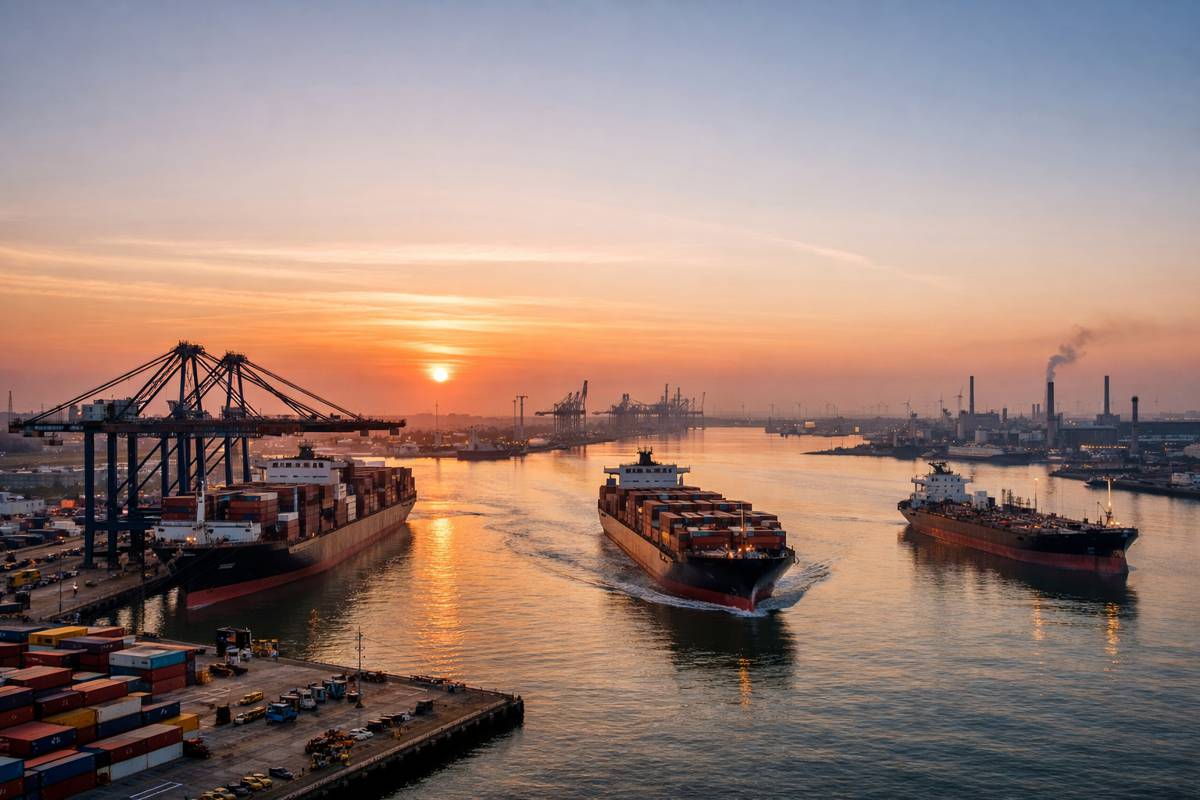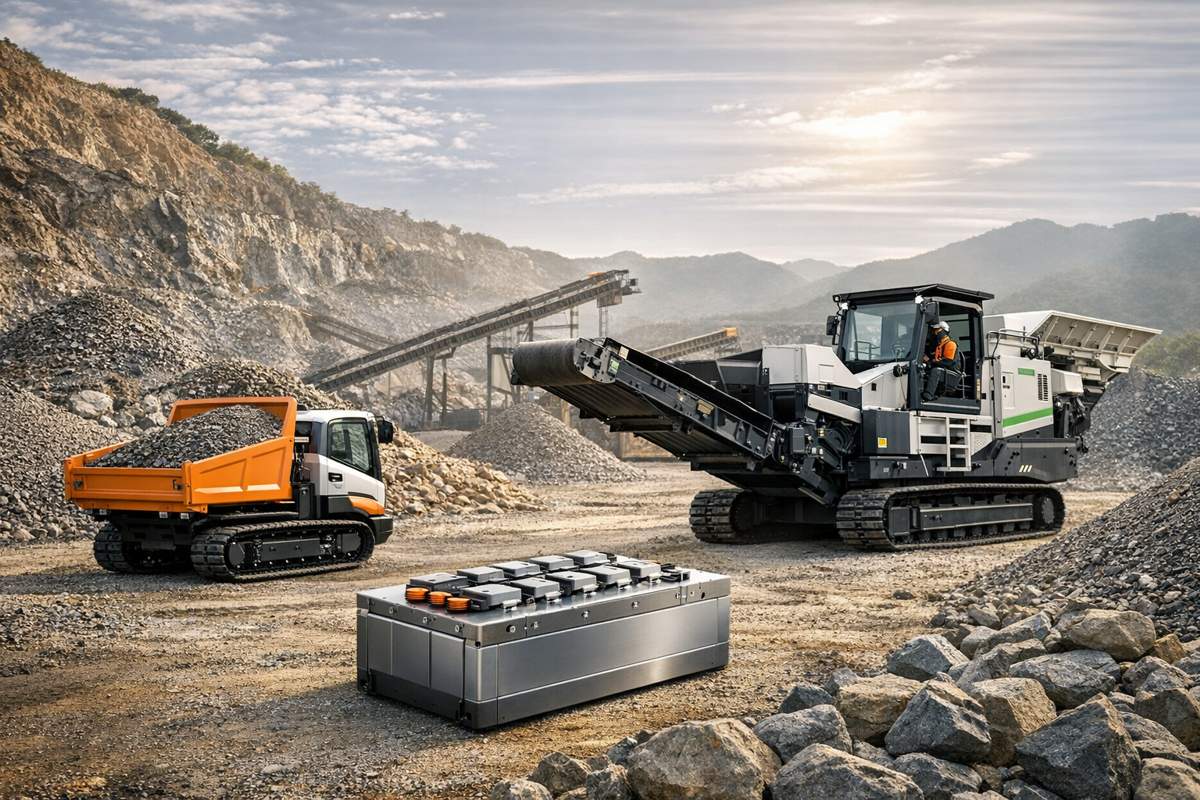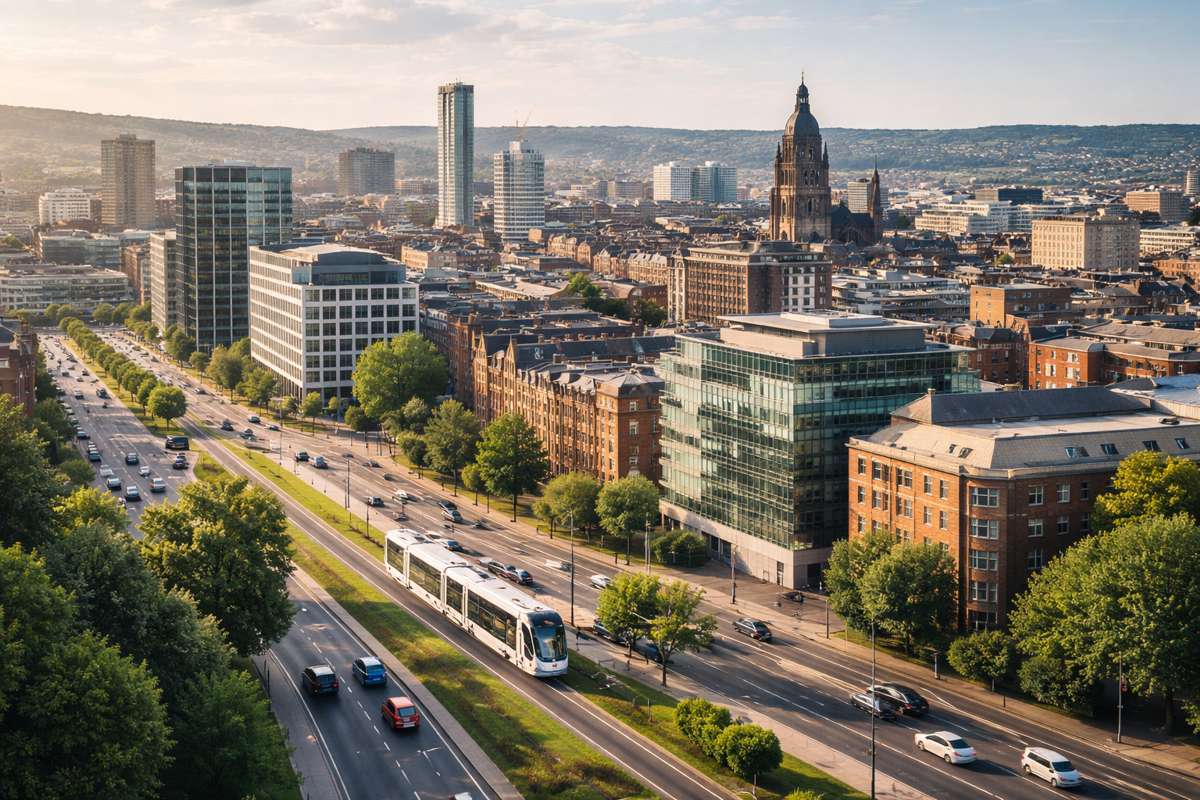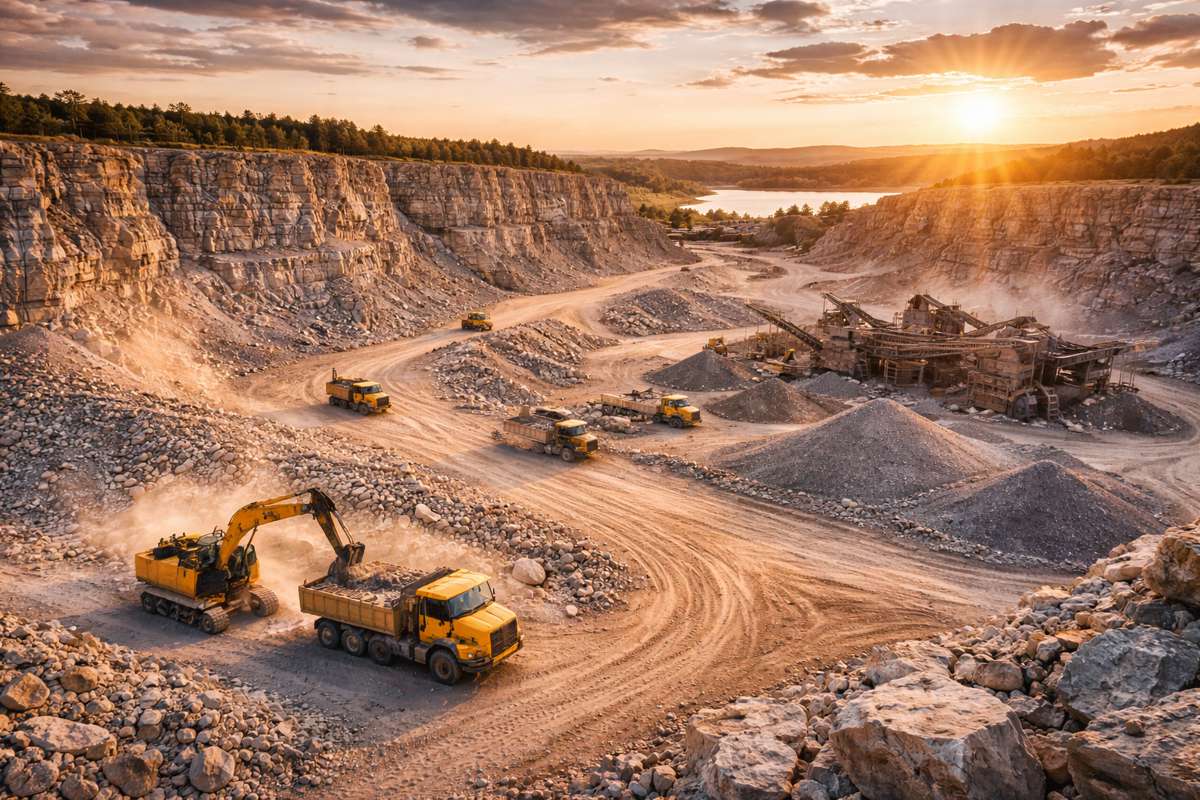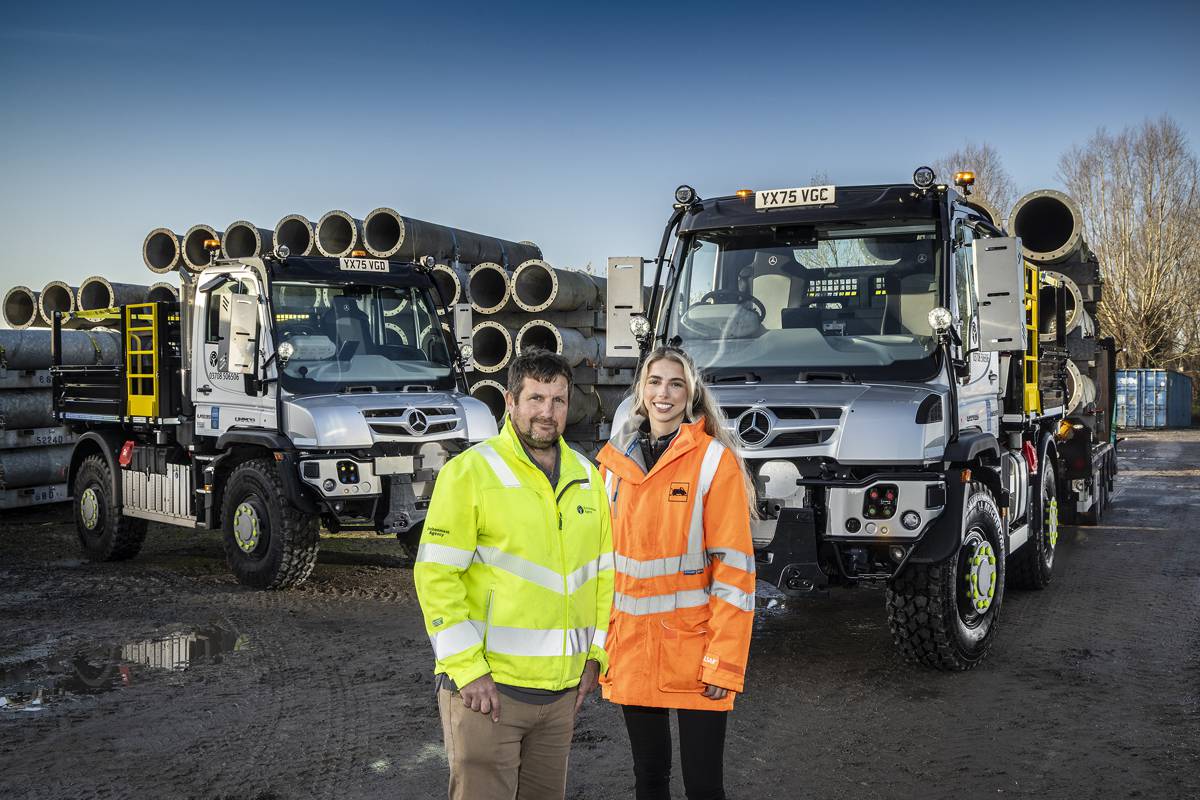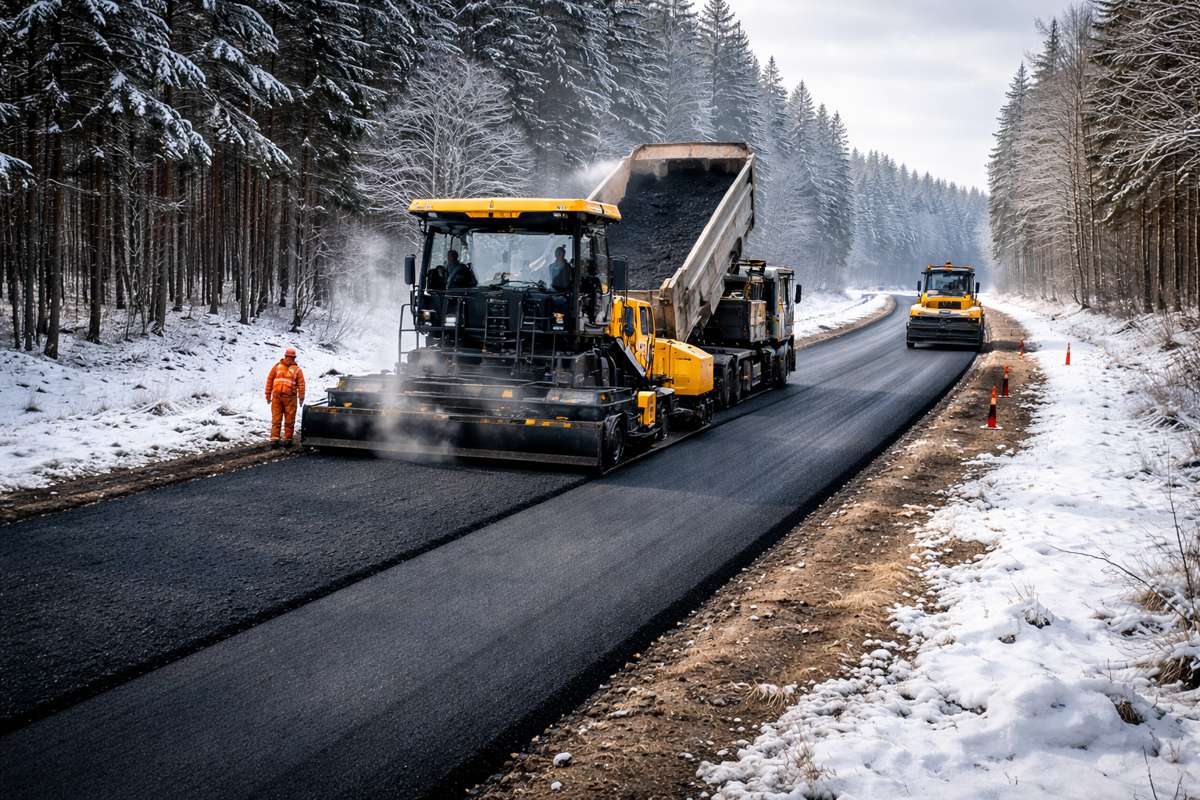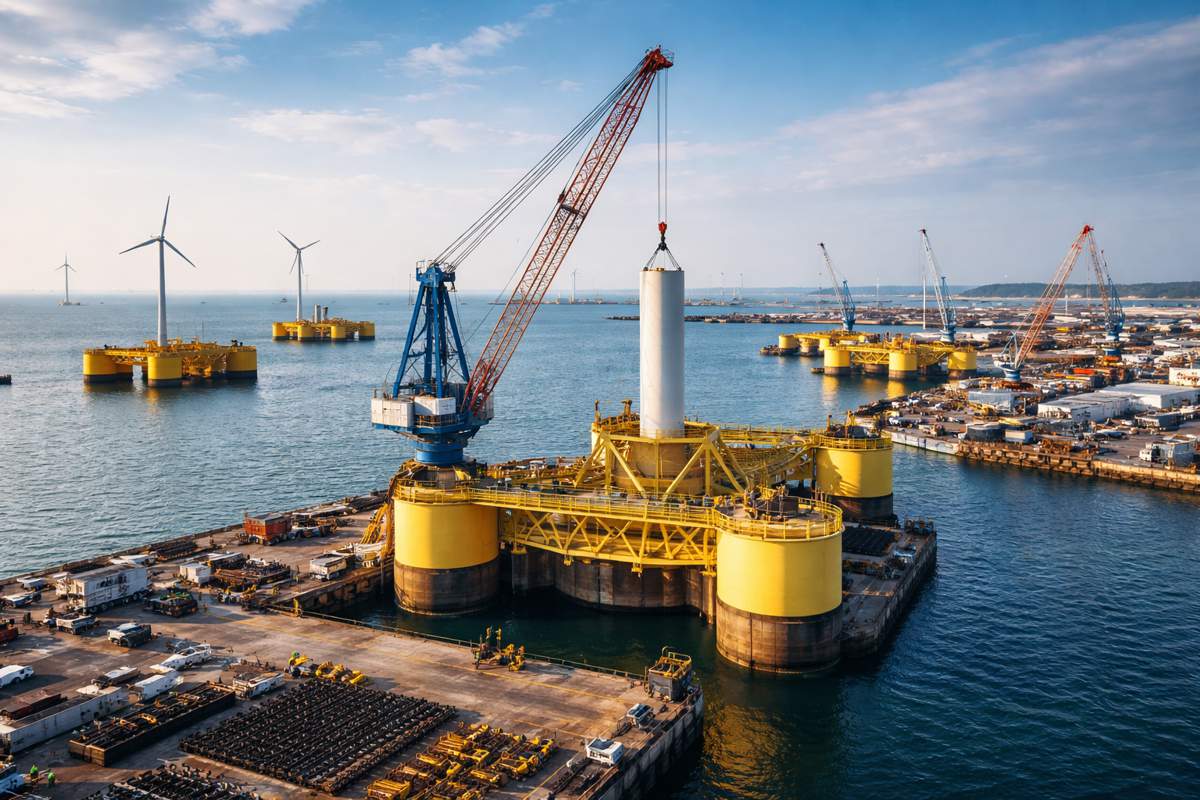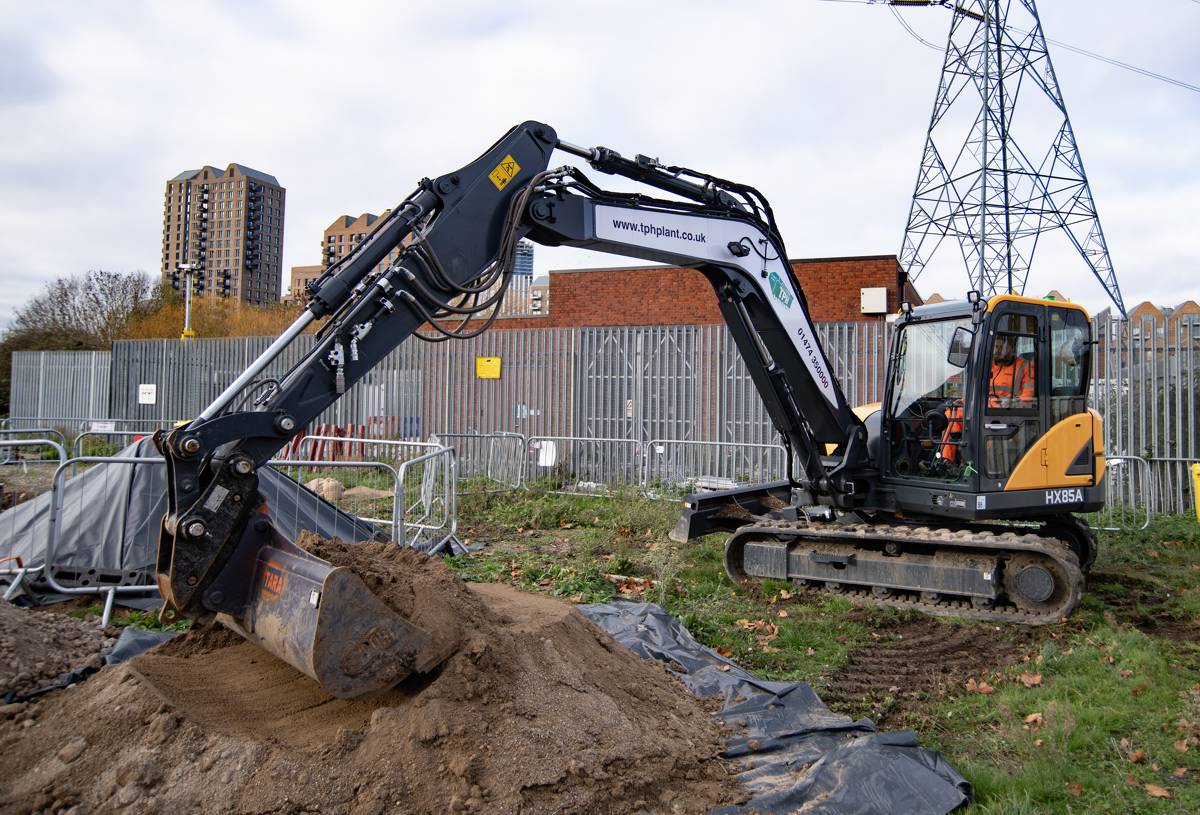Rokbak urges Scottish manufacturers to adopt sustainable operations
Paul Douglas, managing director, Rokbak, delivered the keynote address at the National Manufacturing Institute Scotland’s (NMIS) ‘Manufacturing a Net-Zero Future’ conference on November 3, where he highlighted the crucial role companies can play in delivering more sustainable factory operations.
The National Manufacturing Institute Scotland’s (NMIS) Manufacturing a Net-Zero Future event in Renfrewshire was timed to coincide with the COP26 climate change conference in Glasgow this November. It played host to an audience of leaders and key stakeholders from the UK manufacturing sector and brought together household names as well as market disruptors.
Delivering his keynote speech, Paul noted: “Climate change is a challenge that everyone on the planet must tackle, and everyone has a role to play. In manufacturing, we have a huge responsibility in reducing the impacts of climate change by creating new products which have zero emissions; and using new manufacturing techniques and processes in a carbon neutral or carbon negative way. Today is an exciting opportunity to come together and share ideas and best practice and demonstrate our commitment, as an industry, to making a real difference.”
In addition to giving a keynote speech, Paul delivered a presentation on Rokbak’s ideas, innovation and commitment to climate change, showing how it aligns with parent company Volvo Group’s aims to reach net-zero.
At its foundation, Rokbak’s strategy to delivering better sustainability is based around five key principals:
- Doing more with less
- Designing out waste and pollution
- Having a responsible and a holistic mindset
- Reducing reliance on hazardous and rare substances
- Prioritising collaboration, partnership and knowledge sharing
- Walking the walk
Reducing environmental impact is a key tenet of the Rokbak brand and an area where the company intends to show strong industry leadership. A key aim is to have fossil fuel free or net-zero products by 2040 with a view to having a net-zero value chain by 2050. The company’s rationale is that as its products have a 10-year life span, the proposed timeline gives customers time to transition so the whole value chain is net zero by 2050.
Apart from making significant improvements to carbon emissions, the company is also introducing a series of changes that will see it reduce energy and material use at its Motherwell plant in Scotland. This began in earnest back in 2019, when the plant switched to a green tariff with its electricity supplier. The contract includes a Renewable Energy Guarantee of Origin (REGO) certificate to ensure all electricity delivered to the site genuinely comes from renewable sources – and is anticipated to reduce the plant’s carbon footprint by 900 tonnes (992 US tons) per year.
54 submeters are also currently being installed across the site to give greater visibility over electricity use and empower teams to drive their own efficiency. The first of these have been operational since the end of October and give the teams insight into where electricity is used and how targeted action can be taken towards reducing unnecessary consumption.
The next big step for Motherwell is to tackle natural gas consumption, which is primarily used for space heating. The admin building and some of the other annexes have already moved over from gas to electric heating and cooling, while other areas will switch to electric-powered systems in 2022. Furthermore, the plant is finalising a contract for green gas, which comes from landfill, food processing or composting sites, while its fleet of forklift trucks are being switched with electric models, which will save about 75 tonnes (82.6 US tons) of CO² per year.
Outside of its own operations, Rokbak is continuing to work closely with its supply partners to secure their contribution, as well as developing a stronger focus on circularity for its articulated haulers when they reach ‘end of life’. These changes and more at Rokbak’s factory are part of the Volvo Group’s wider environmental mission, which in November 2020 became one of the first big equipment manufacturers to sign up to the Paris Climate Agreement.
“Rokbak is entirely committed to making a difference in environmental care through better sustainability for our factory and our products. Our industry, and the wider manufacturing segment, is full of brilliant minds and it’s exciting to think of the changes we can make if we apply ourselves fully. At the same time it’s important that we work together, driving towards a common goal to help tackle the world’s climate emergency.”
